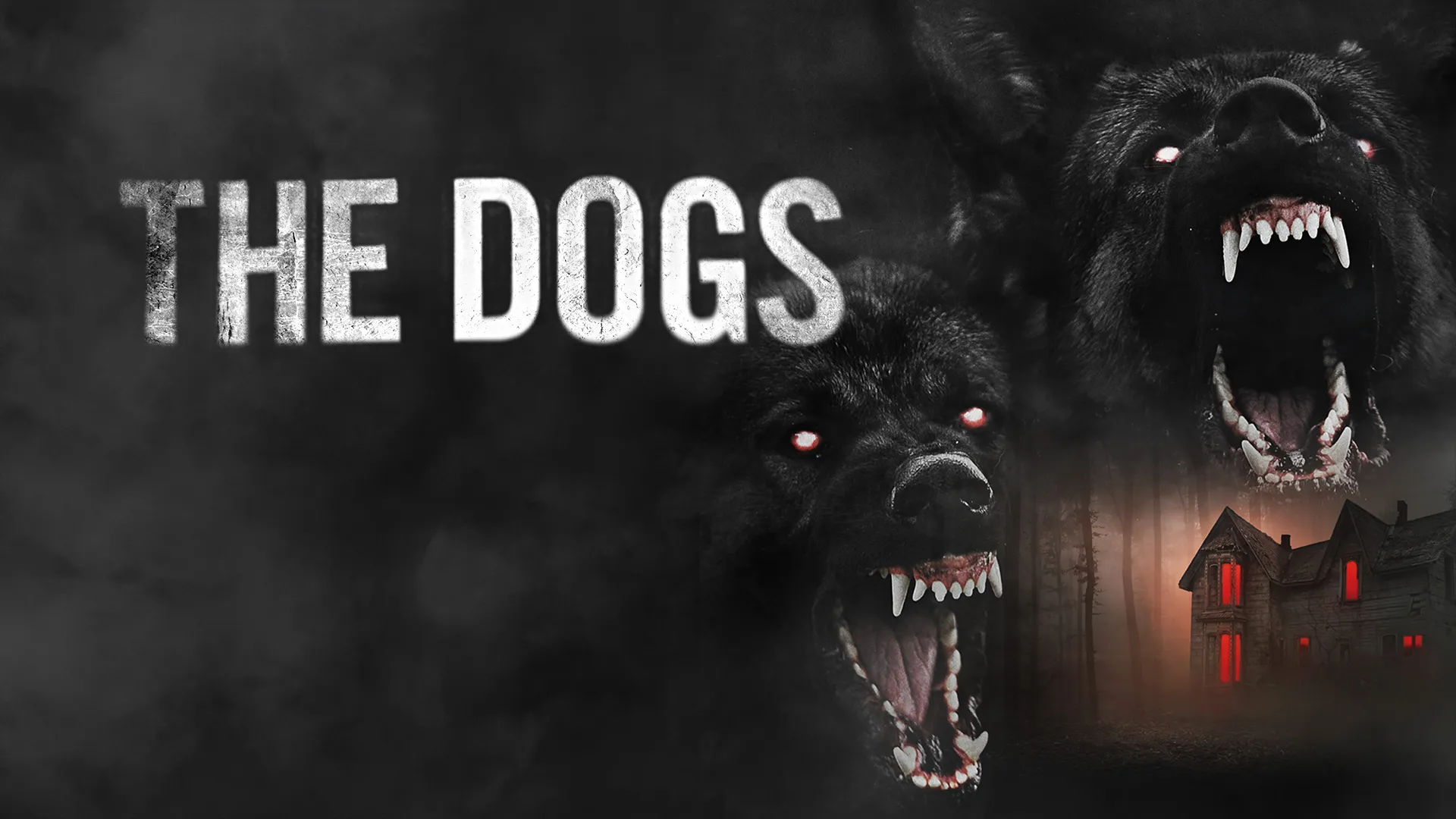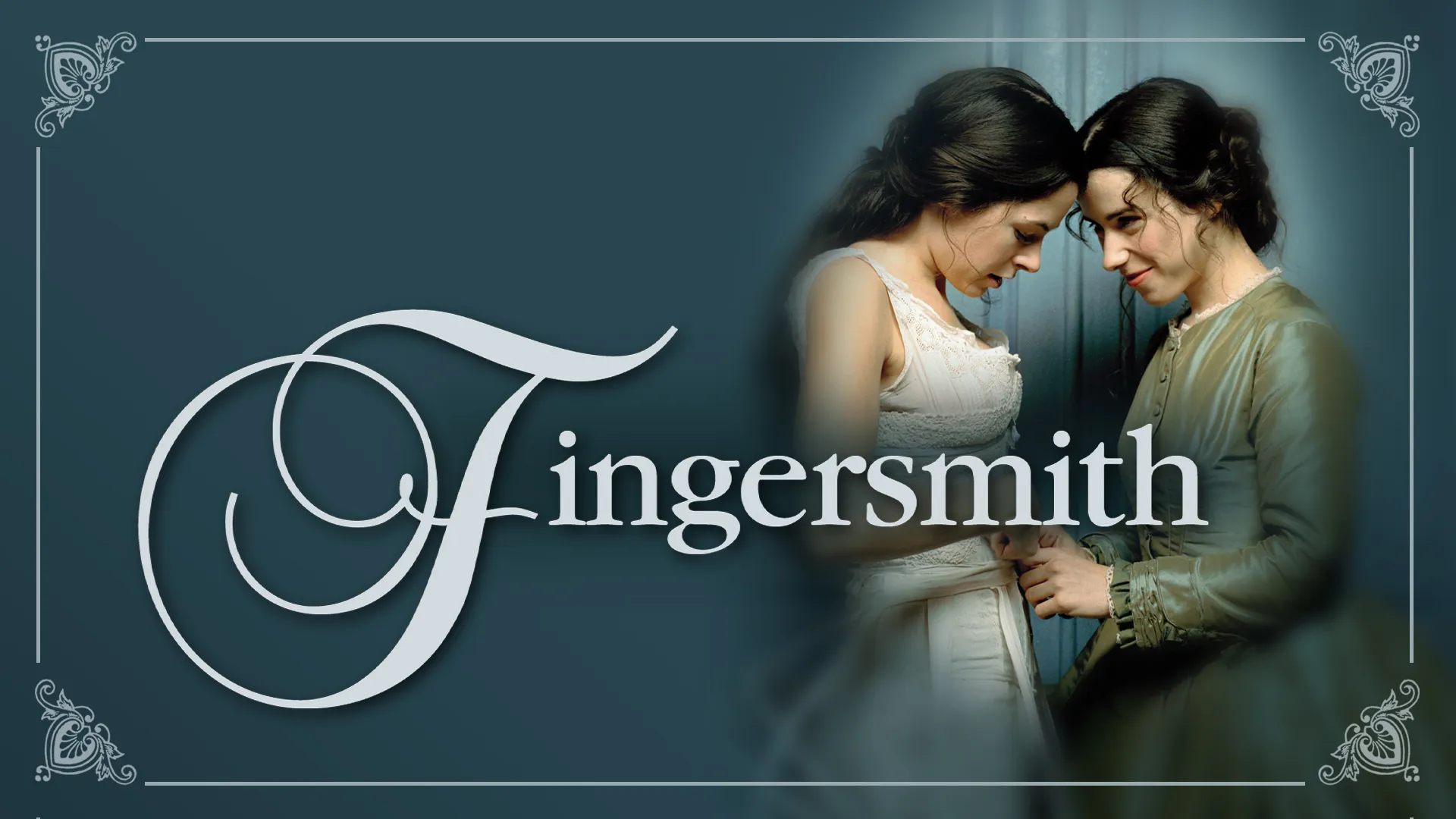A Haunting Glimpse Through the Eyes of Fear
"Watcher," directed by Chloe Okuno, is a psychological thriller that masterfully captures the unease of being constantly observed in an unfamiliar place. Set in the eerie, mist-drenched streets of Bucharest, Romania, the film tells a slow-burning, tension-filled story that explores themes of paranoia, isolation, and the unsettling line between perception and reality.
The film follows Julia, an American woman who relocates to Bucharest with her husband, Francis, after he takes a job in the city. As he becomes increasingly consumed by work, Julia finds herself adrift in a foreign country where she doesn’t speak the language and feels perpetually out of place. Her sense of loneliness is compounded by a chilling presence: a mysterious man who seems to be watching her from across the street, his silhouette constantly visible through a nearby window.
At first, Julia tries to brush off her instincts as nerves or homesickness. But as the days pass and the man’s behavior becomes more unsettling, her anxiety escalates. Her attempts to voice her fears are met with polite skepticism from her husband and complete indifference from the local authorities. Julia is left to question her own sanity—until events take a darker turn, and she realizes the danger may be all too real.
Maika Monroe delivers a riveting performance as Julia, channeling vulnerability, confusion, and simmering dread in a way that draws the audience deep into her psychological state. The camera often lingers on her face, emphasizing the silence and space around her, making viewers feel the same helpless detachment. Monroe’s portrayal is both subtle and impactful, anchoring the film with emotional realism.

The film’s cinematography plays a significant role in building tension. Through long takes, soft lighting, and claustrophobic framing, "Watcher" uses its visual language to make even mundane spaces feel threatening. The apartment, once a symbol of comfort, slowly transforms into a prison. Public spaces—like grocery stores or movie theaters—offer no refuge from the growing sense of surveillance.
"Watcher" is as much about the fear of being watched as it is about the fear of not being believed. Julia’s experience is a haunting reflection of how women's concerns are often dismissed, even when danger is imminent. Okuno cleverly taps into this social commentary without ever sacrificing suspense. The narrative remains taut and focused, building towards a climactic confrontation that is both shocking and tragically satisfying.
While the film moves at a deliberately slow pace, this serves to amplify the sense of dread rather than dilute it. The silences between dialogue, the ambient sounds of city life, and the weight of unspoken fears all culminate in a tense atmosphere that lingers long after the credits roll.
In conclusion, "Watcher" is a chilling, intelligent thriller that thrives on psychological unease rather than jump scares. With strong performances, atmospheric direction, and a theme that resonates deeply, it stands out as a modern entry in the genre that values tension and storytelling above gimmicks. It’s a gripping reminder that the scariest monsters aren’t always the ones hiding in the dark—sometimes, they’re standing in plain sight, just across the street.
-1752032728-q80.webp)
-1752033981-q80.webp)

